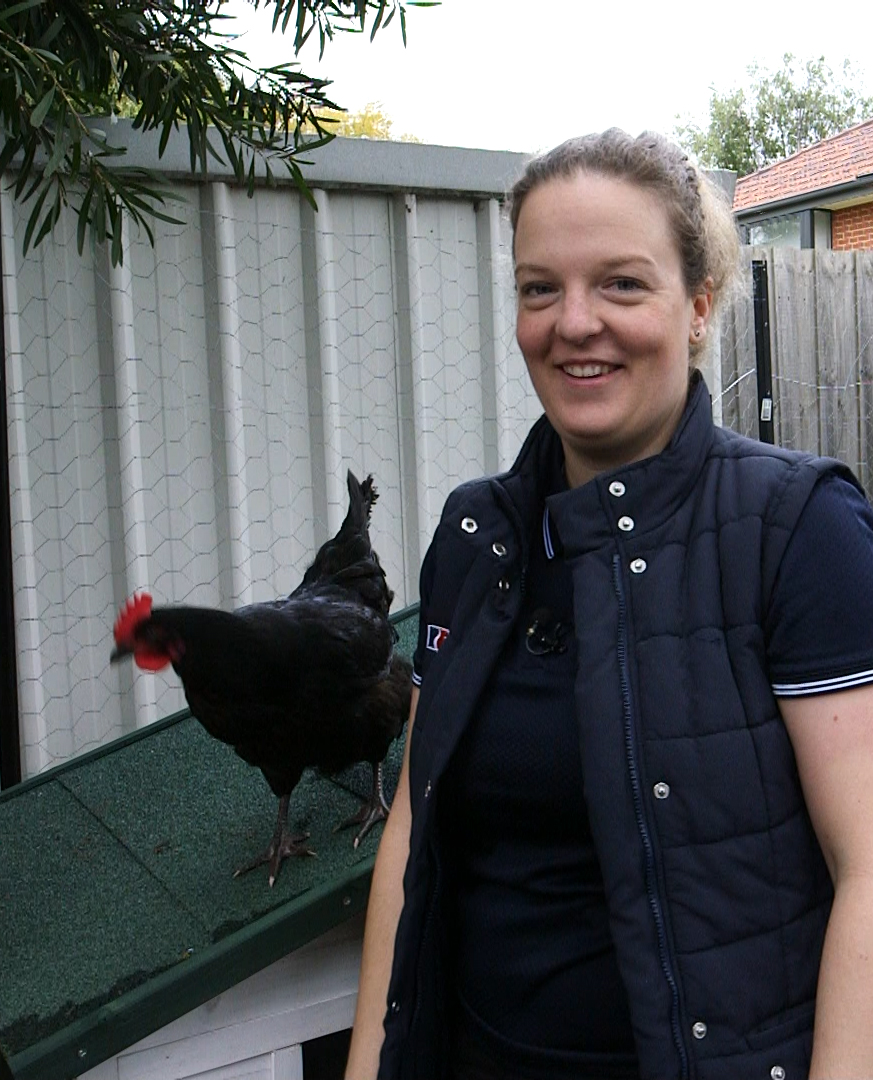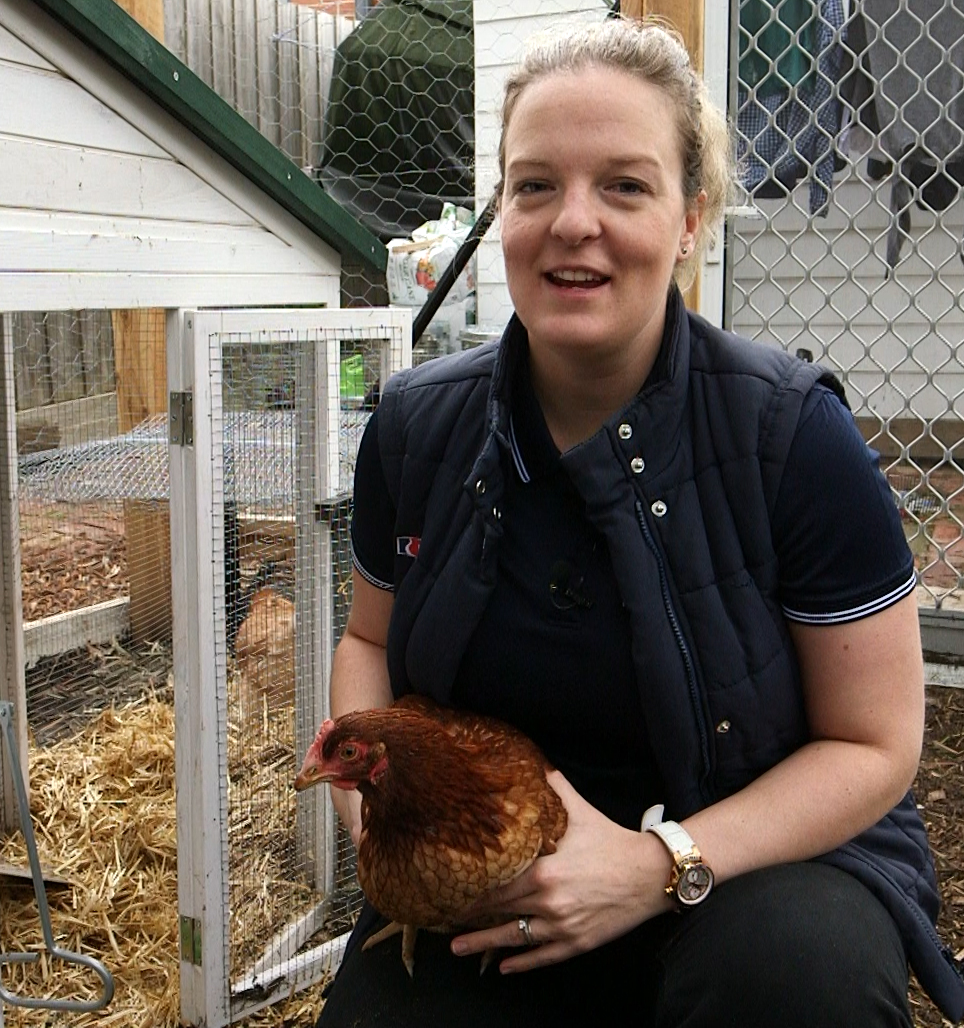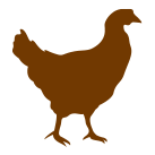Chook Health FAQ with Elise Davine
Barastoc Poultry’s Elise Davine answers common questions backyard chook owners often ask her.

-
Why are my birds being picky eaters or leaving the seeds?
Birds are highly driven by the texture of feed sources and will naturally select for items they want or like. Typically items such as black sunflower seeds, sorghum or corn can often be left behind and so, birds are termed fussy eaters. This is often more behavioural than nutritional, so often moving to a pelleted or more uniformed mash type feed or limiting their selection can help. Chickens will typically be looking for different elements in their diet as the day goes on, therefore selection can also be a positive but it is a fine balance so they don’t waste too much.
-
Why have my birds stopped eating?
When birds stop eating it can be a lot of different factors but typically the first thing to check is the water. Birds without water, warm water supply or poor water hygiene will stop eating. Chickens can be expected to consume twice as much water as food and therefore without suitable water, their food intakes can be heavily compromised. Disease/illness, stress and environment are the next things to check as a bird feeling intimidated will stop, similarly a hen who has turned broody can also go off her feed.
-
My hen looks lethargic, what should I do?
If you have experienced extreme weather your hen may be dehydrated or cold. The hen may have worms or a parasite, also check for injuries. If she’s injured or unwell, separating your hen from the flock is recommended to make sure she doesn’t get bullied or spread anything to the rest of your flock. Touch base with your local vet if required.
-
Why aren’t my hens laying?
One thing to consider is the age of your birds. Different breeds of bird will reach sexual maturity and ideal body weight to start laying at different ages. Day light hours each day also heavily affect when a hen will start laying, a hen requires a minimum of 15 hours per day for egg production. If your birds have recently been through a moult they will often go off laying for a period of time.
-
Why are my egg shells soft? Or odd shapes?

Naturally upon being laid your eggs will be soft until the shell calcifies. Nutritionally, calcium and phosphorus levels may be an issue, otherwise stress, damage to the oviduct, water quality and disease can all affect egg shell quality. Ensuring you offer a balanced diet and limit kitchen scraps will also help make sure your egg shells stay on track.
-
Can I offer additional calcium?
Free choice calcium sources like limestone, oyster and shell grits can be easily and effectively added to your backyard chicken range for your hens to pick up as they like. Offering calcium at all times through their diet is crucial and that’s why at Barastoc we commonly use a coarse grade calcium source through our poultry feeds as a standard, but offering additional won’t be adverse.
-
Why are some hens pecking each other?
Behavioural habits can generate quickly within a backyard flock so isolating offenders is often key. Birds are highly attracted to red so unfortunately once a bird has lost feathers and skin is exposed this can cause more aggravation. Making sure they have ad-lib (that is available when they want it) access to a clean, fresh, well-balanced diet, which is correct for their stage of life is also key as they maybe deficient in a nutrient. Upon checking their diet, also check that every bird has access to their feeder and they aren’t competing for food or water.
-
I want to get chooks but already have a dog. Can they share a backyard?
Yes, animals can easily share a space, but obviously you can’t expect them to get along straight away. Making sure each have a safe space to call their own and get away from each other if necessary, definitely helps build boundaries. It is recommend introducing birds in pairs so they are less isolated and targeted.
-
What do chooks need from their coop?
The chicken coop is your chicken’s safe haven, it offers protection from Mother Nature and predators but also needs to be a place she feels safe to go and lay her eggs. A perch is often also provided within the coop which forms part of their essential daily routine. We recommend keeping feeders and drinkers within the coop if possible to avoid wild bird and rodent contamination.

If you have a question, let us know!

